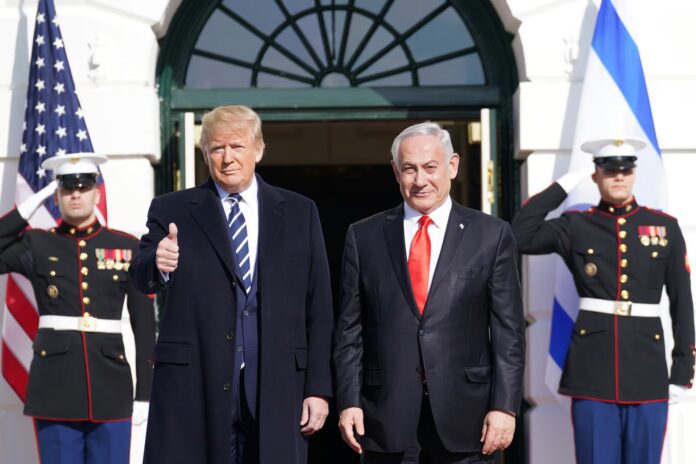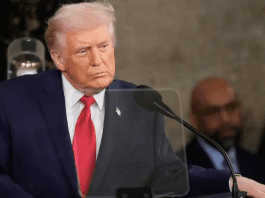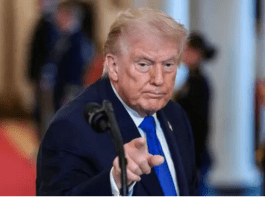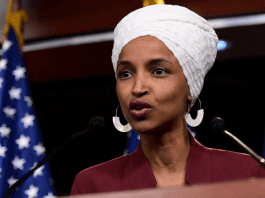Netanyahu’s First Visit to Trump’s White House
Israeli Prime Minister Benjamin Netanyahu is set to meet U.S. President Donald Trump on Tuesday in Washington. This will be the first official foreign leader visit since Trump returned to the White House on January 20. The meeting comes at a crucial time as Israel navigates ongoing conflicts in Gaza, tensions with Iran, and efforts to normalize relations with Saudi Arabia.
Both leaders share a history of close cooperation, and Netanyahu hopes to strengthen Israel’s ties with the Trump administration. However, differences may arise, particularly regarding the long-term future of Gaza and U.S. efforts to broker peace in the Middle East.
Gaza Ceasefire Talks and Hostage Release
A key topic on the agenda will be the fragile ceasefire between Israel and Hamas. Indirect negotiations, facilitated by the U.S., are set to resume this week. Trump has played an active role in pushing for peace, while Netanyahu faces pressure from his right-wing coalition to continue military operations.
The first phase of the ceasefire has already led to the release of 18 hostages by Hamas and hundreds of Palestinian prisoners by Israel. Trump’s Middle East envoy, Steve Witkoff, has been instrumental in these negotiations and is expected to remain heavily involved in the next phase. However, concerns remain about whether the truce will hold, with both leaders acknowledging the uncertainty.
Saudi Arabia and the Abraham Accords Expansion
Another major issue is the potential expansion of the Abraham Accords to include Saudi Arabia. Trump has expressed his desire to secure a historic agreement that would establish formal ties between Israel and the kingdom. However, this goal faces significant challenges.
Saudi Arabia has consistently maintained that any agreement must include a pathway to Palestinian statehood. Netanyahu, on the other hand, has strongly opposed the creation of a Palestinian state, a stance that has gained support among Israelis following the Gaza war.
Concerns Over Iran’s Nuclear Program
The threat posed by Iran will also be a major topic of discussion. Last year, Iran launched hundreds of missiles and drones at Israel, prompting Israeli retaliation. Netanyahu has long viewed Iran’s nuclear ambitions as an existential threat to Israel and has vowed to prevent Tehran from developing nuclear weapons.
Trump, who withdrew the U.S. from the Iran nuclear deal in 2018, has signaled a tougher approach toward Iran. There are growing concerns in Tehran that Netanyahu may receive Trump’s approval for potential military action against Iranian nuclear sites.
Weapons Supply and Military Support
Netanyahu is also expected to seek assurances from Trump regarding continued U.S. military aid. Shortly after returning to office, Trump approved a shipment of 2,000-pound bombs to Israel that the Biden administration had previously blocked.
Israel relies heavily on U.S. military support, and Netanyahu wants to ensure that future arms deals remain unaffected. The Israeli leader will also meet with congressional leaders during his visit to further solidify bipartisan backing for Israel’s security.
Protests and International Criticism
Netanyahu’s visit to Washington has drawn both support and criticism. Pro-Palestinian activists plan to hold demonstrations against Israel’s actions in Gaza. Meanwhile, groups advocating for the release of Israeli hostages held by Hamas are also expected to protest.
The International Criminal Court (ICC) has issued an arrest warrant for Netanyahu over alleged war crimes, further isolating him on the global stage. However, Trump’s administration has strongly opposed the ICC’s actions and reaffirmed its support for Netanyahu.
A Critical Moment for Middle East Diplomacy
As Netanyahu and Trump meet, the stakes for the Middle East remain high. The future of Gaza, the potential for Saudi-Israeli normalization, and the looming threat of Iranian aggression will shape the discussions. While Netanyahu is likely to receive strong support from Trump, policy differences may emerge over issues like Palestinian statehood and the long-term approach to regional stability.
The meeting could mark a turning point in U.S.-Israel relations under Trump’s second term. Whether it leads to concrete agreements or further tensions remains to be seen. One thing is certain—both leaders are aware that their decisions in the coming weeks could reshape the future of the region.







